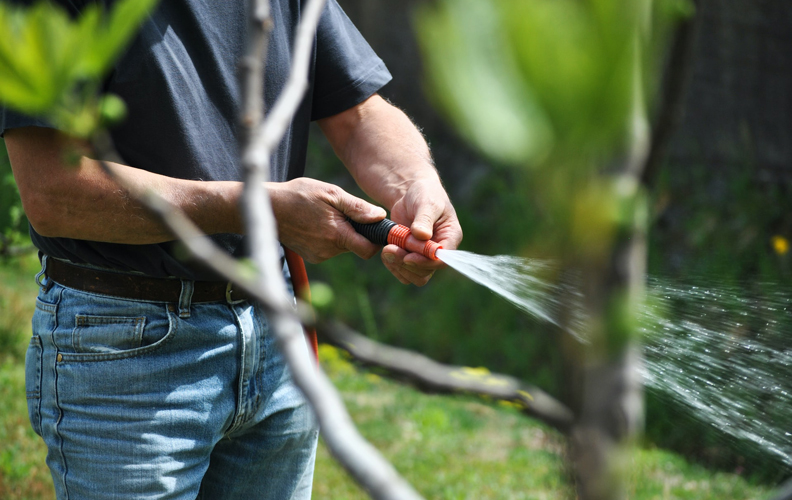How to cut water waste and save money on your bills
Water bills – the facts
- In England and Wales, unmetered water bills are calculated on a fixed charge and an additional charge decided upon by your home’s ‘rateable’ value. Your home’s rateable value is worked out based on how much your local authority deemed the rental value of your home to be in 1990.
- Metered bills are calculated by a fixed charge and an additional charge based upon the amount of water you actually use.
- In Scotland 97% of household water and sewerage charges are billed and collected by individual Local Authorities for Scottish Water, together with Council Tax.
- Only 1 in 4 customers are aware water companies have schemes that can reduce the water bills of low-income customers.
The cost of household utility bills keeps rising and water bills are no different. While we should all be doing our bit to cut water waste to help the environment, for those on certain types of water meters, using less water will bring down costs too.
How can you cut water waste in the home?
- Fix any dripping taps or plumbing leaks - a dripping tap can waste more than 60 litres of water per week if it isn’t rectified!
- As a rule, take a shower rather than a bath.
- Some showers can actually use more water than bathing (think super drenching power showers), so keep your shower routine short to save as much water as possible.
- If you do have a bath, just fill it up with the water you need.
- If showers, taps and toilet cisterns are coming to the end of their life, swap for water efficient models. If you are unsure, talk to your plumber, they will be happy to give their advice.
- When brushing your teeth, turn off taps in-between rinsing your toothbrush.
- Always turn taps off tightly so they do not drip.
- Try to use electrical appliances such as dishwashers and washing machines when full. While modern high-end washing machines will calculate the load and use water accordingly, most washing machines and nearly all dishwashers will use the same amount of water whether the machine is half empty or full.
- Switch to using an eco-mode if your appliances have one.
- When buying new appliances or water fittings, check to see if they carry the Unified Water Label – this will help you check both water and energy performance. Find out more at http://www.europeanwaterlabel.eu/
How can I cut water waste in the garden?
- Invest in rainwater butts to catch rainwater. This water can then be used to fill fishponds and water the garden – saving you money on your water bills.
- Fix any dripping outside taps
- And make sure your outside taps and pipework is well insulated for winter, to avoid frozen and burst pipes
- Replace any leaky hosepipes
- Recycle water where possible e.g. use water from padding pools etc to water your plants rather than disposing of water on the lawn.
If you need to improve the water efficiency in your home or garden, your local plumbing engineer can help. Find a professional online via the CIPHE’s find a plumber tool.

Unmetered supplies
For those on unmetered supplies there still may be ways to lower your bills. Depending on your home’s rateable value, there is a chance you could be charged for more water than you use e.g. a couple living in a five-bedroom house. Likewise, high use families may be getting charged less than they use, so there are pros and cons to being on an unmetered supply.
The good news is that if you are on an unmetered supply, you can switch to a metered supply, or appeal if you think your rateable value is too high. If you swap to a metered supply and your bills go up, you can ask to swap back to an unmetered supply within the first 12 months.
Trouble paying bills?
You are not alone. Visit our water poverty page to find out the help available and what you can do.
Read our manifesto
Our manifesto shines a light on key industry issues, and calls on parliament to understand the huge role the plumbing & heating community plays.
View manifestoFind a plumber
If you need to seek the help of a professional, you can find plumbing and heating engineers via our find a plumber tool.
Find a plumber toolWater poverty
The water poor are often identified as those households spending over 3% or 5% of household disposable income on water & sewerage services.
View water poverty facts